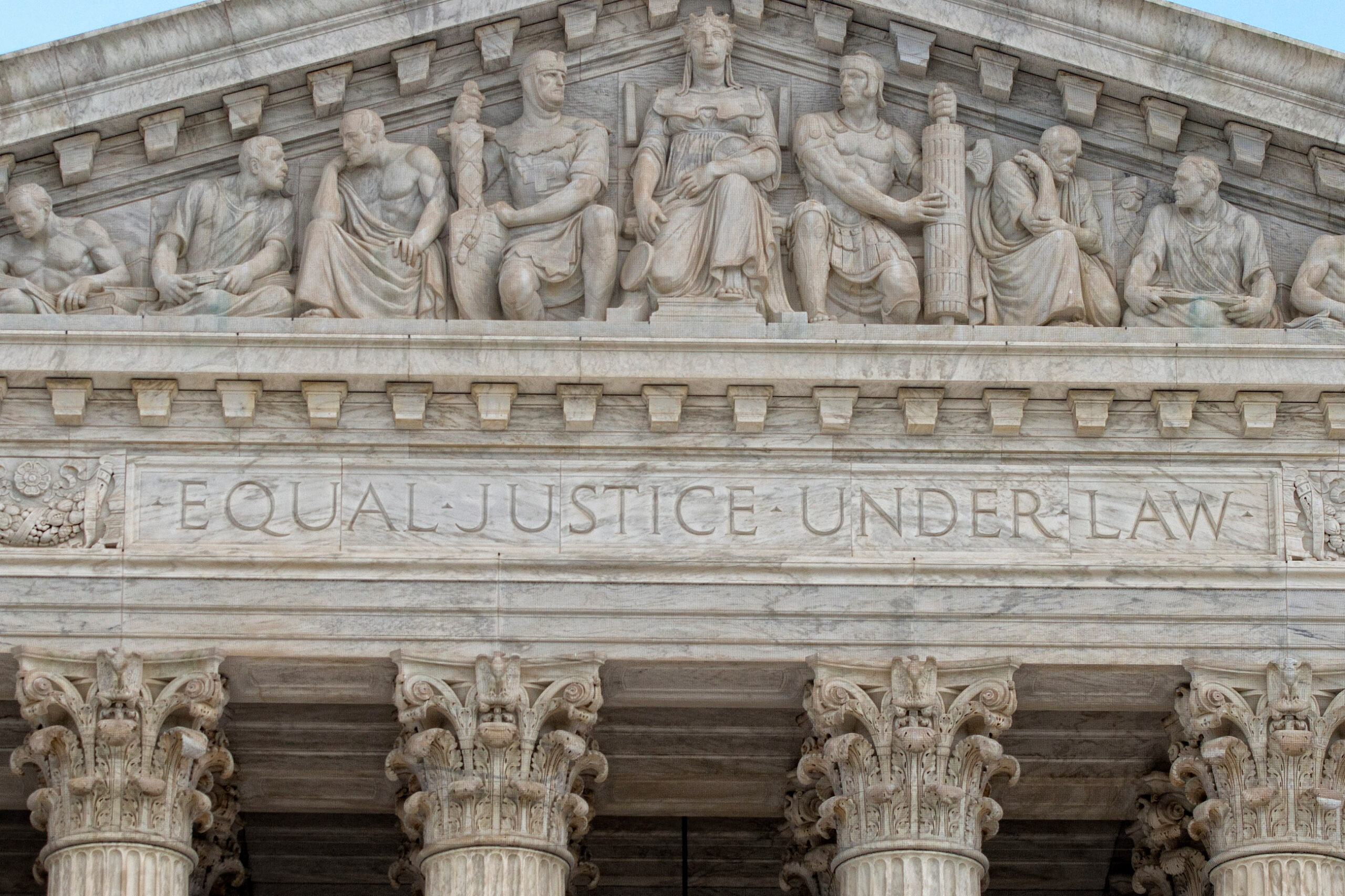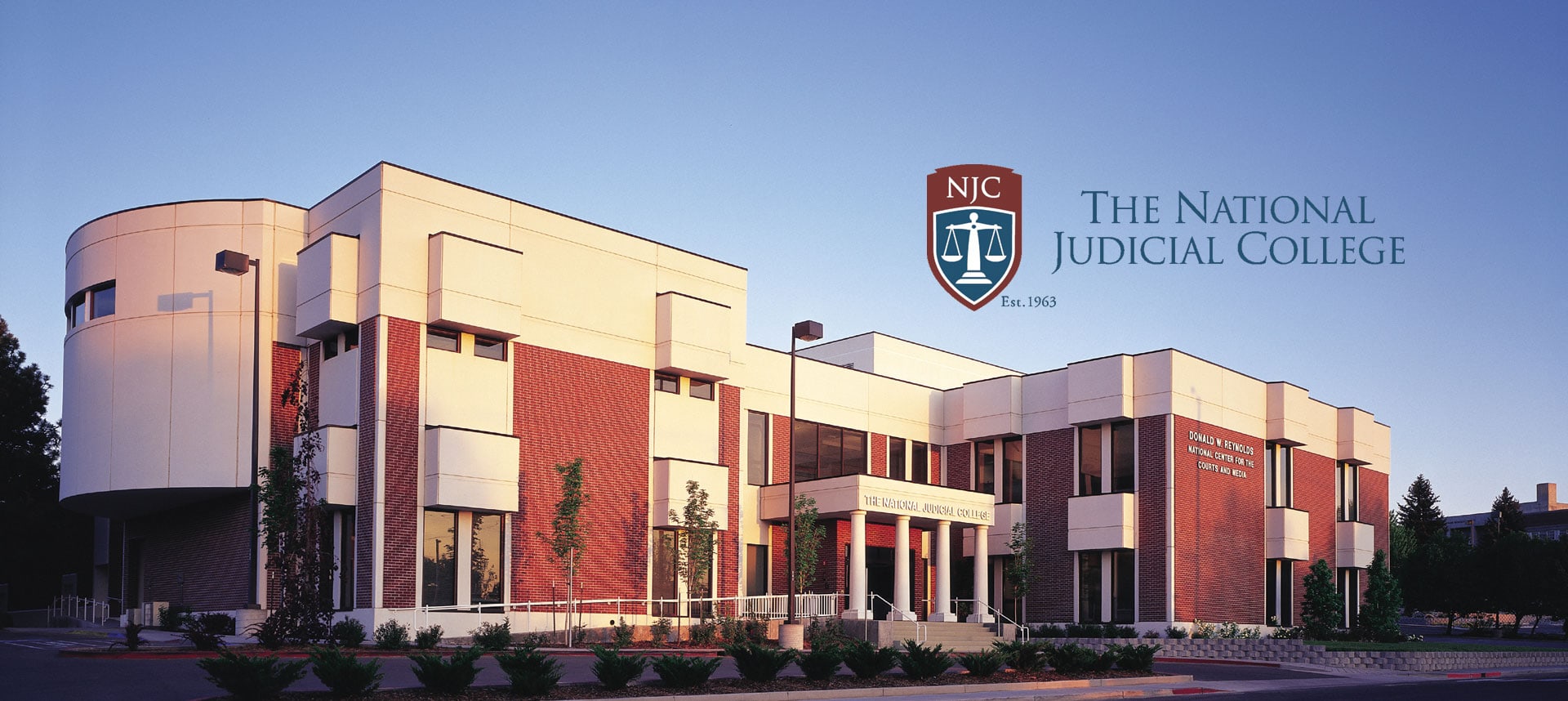
By Ed Cohen
It’s safe to say that judges think their brethren and sistren on the Supreme Court of the United States should be bound by a code of ethics. The question for some is how it would be enforced.
June’s Question of the Month, emailed to more than 12,000 NJC alumni, asked, “Should U.S. Supreme Court justices be bound by a code of ethics?” A total of 859 judges responded, and more than 97 percent answered in the affirmative.
“Absolutely,” wrote scores of judges who left comments.
“If not them, who???” asked Texas District Court Judge Michael E. Mery. “They should set a very high bar for the rest of us to emulate.”
Alaska Superior Court Senior Judge Beverly Cutler wrote, “Any debate on this is as ridiculous as debating whether a trial court judge should be able to hear his/her own adult child’s contested divorce.”
Paul R. Hart, a town justice in Big Flats, New York, declared, “It’s ludicrous that every holder of judicial office in the United States, from the lowliest town or village traffic magistrate to the judges of every state and federal bench, has to adhere to a strict ethical code, yet the justices of ‘the highest court in the land’ do NOT have to conform their conduct to the fairly consistent rules that all of the rest of us have to follow or risk our robes.”
One common refrain among the majority was that if Supreme Court justices aren’t bound by ethical standards, it will undermine the public’s confidence in the judiciary as a whole and threaten democracy.
Some judges, however, pointed out that the justices already are sworn to abide by a code of ethics, be it the Model Code of Judicial Conduct or an oath they took as attorneys.
One judge quoted Article III, Section 1 of the Constitution, which says federal judges “shall hold their Offices during good Behaviour.” The judge also cited Article II, Section 4, which lists impeachable offenses by “all Civil Officers of the United States,” including judges, as treason, bribery or other high crimes and misdemeanors.
The judge added that “Absent an amendment of the Constitution, which everyone knows is impossible today, neither Congress nor the executive branch would have authority to impose a code of ethics on the Supreme Court. Unless SCOTUS imposes some code on itself, the issue is MOOT.”
Several judges said they liked the idea of a code of ethics but wondered who could enforce it.
“It can’t be enforced by any traditional discipline process, so it would essentially be an aspirational code,” wrote Magistrate Court Judge Mike Oths of Boise, Idaho.
That would be fine with Darke County (Ohio) Common Pleas Court Judge Jonathan Hein, who wrote:
“There should be an aspirational code – not a mandatory one. A mandatory code will be used with political motivation by outside forces/organizations to continue weakening the Court as an institution. Remember, there are separate branches of government for many good reasons.”
Several pro-code judges mentioned Justice Clarence Thomas’s decision not to recuse himself from a case related to the investigation of the Jan. 6, 2021, attack on the U.S. Capitol by supporters of then-President Donald Trump. Thomas’s ethics were later called into question when it was reported that his wife, Ginni Thomas, had repeatedly pressed government officials to invalidate the 2020 presidential election based on Trump’s false claims of massive voter fraud.
A few judges floated ideas for new ways to handle recusals by justices, whether voluntary or involuntary. These included calling on a retired Supreme Court justice or a federal appeals court judge as a replacement.
One anonymous judge suggested that Chief Justice John Roberts designate three lower-court judges to serve on a committee that could advise justices on issues such as recusal.
“They could also review complaints from the public to determine whether they have any validity and ultimately issue an opinion as to whether ethical standards are implicated, and what action, if any, the justice should take,” the judge wrote.
“The committee’s holding would not be binding, but hopefully (it would carry) enough weight that Supreme Court justices would comply with their holdings.”
* Each month the College emails an informal, non-scientific, one-question survey to its more than 12,000 judicial alumni in the United States and abroad. The results, summarized in the NJC’s Judicial Edge Today, are not intended to be characterized as conclusive research findings.

The Hon. Mary-Margaret Anderson (Ret.), a retired administrative law judge with the California Office of Ad...

Happy October, Gaveliers faithful. Are you loving this or what? No one believed a team made up of judges...


Hon. Diane J. Humetewa, the first Native American woman and the first enrolled tribal member to serve as a ...

Retired Massachusetts Chief Justice Margaret H. Marshall has been selected as the 2024 winner of the presti...